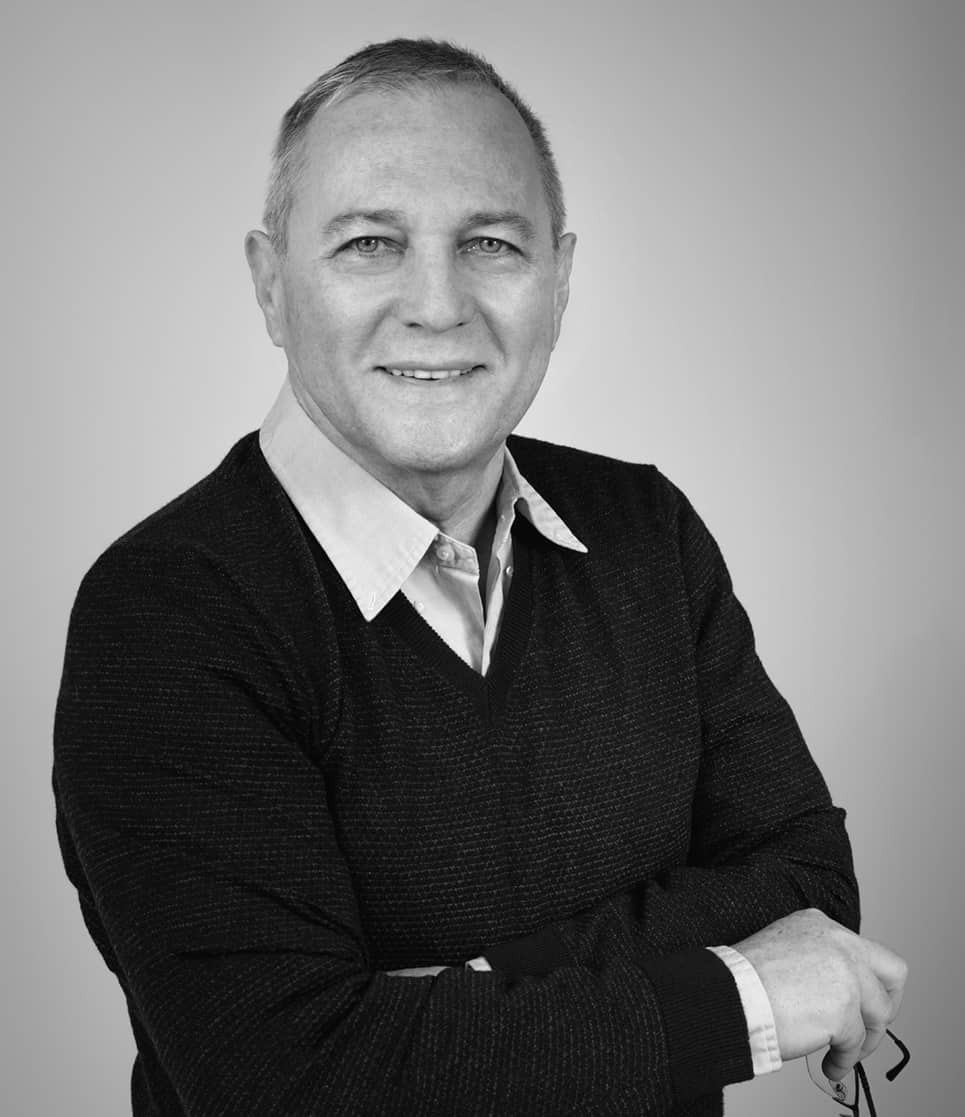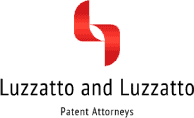


No industry is as closely intertwined with the world of intellectual property as the pharmaceutical drug industry. Whether new drugs, generic drugs, or the design of medical instruments and equipment—patent protection plays a vital role in the industry's development and commercialization.
In principle, countries formulate patent law independently. However, the TRIPS agreement stipulates a set of shared intellectual property standards which are binding in all member states. These standards create a common denominator of minimal intellectual property protections in general and for pharmaceutical patents in particular.
Drug development, R&D and intellectual property—A world view
Research-based drug companies are entirely dependent on the strategic wielding of intellectual property rights. In the absence of patents, it is uncertain whether such companies would invest the resources or shoulder the risk involved in bringing medicines to market. The average time required for drug R&D is uniquely high: development and licensing of a product can take anywhere from 12-15 years, and the cost is estimated at a staggering 900 million dollars.
Moreover, for every 5,000 chemical molecules filtered, only five, on average, make it to clinical trials. Of these, just one becomes a drug approved for the treatment of patients. Effectively, fewer than 20% of drugs that reach the human trial stage go on to receive regulatory approval. In addition, only an average of three out of ten prescription drugs generate revenues equaling or exceeding the R&D costs required to produce it. These numbers teach us that approximately 65% of drugs on the market today would not have made it to the development stage without patent protection.
Conversely, the business model of the generic drug companies is based on patent expiration and the opportunity to manufacture similar or identical drugs.
The result is that ethical companies (which manufacture original drugs) and generic companies find themselves pitted against each other in fierce financial, legal and political battles which center on the question of drug patents' life span.
While the ethical companies have a vested interest in maximizing the life of the patent, generic companies are looking to shorten it. Generic drugs are (relatively) inexpensive to manufacture and sold at a fraction of the cost of the original drug, often 30%-50% less. Consequently, a generic drug typically controls approximately 70% of the market just a few short years after its release.
Patent Expiration
The patent expiration date is a moment of truth for ethical companies. A number of patents protecting key original drugs are set to expire soon, and the ethical companies are lacking new patents to fill the void. In order to remain profitable, experts forecast that many drug companies will seek collaborations or mergers to ensure their continued survival as the market share of generic drugs continues to rise.
Ethical companies have not seen the end of their woes. The traditional business model of the pharmaceutical industry is eroding. Major pharmaceutical manufacturers – which produce some 70% of the world's drugs – are facing tremendous pressure with the advent of personalized medicine which is forecasted to become the norm by 2020. Instead of producing drugs that cater to a wide public, the future of the drug industry lies in "designer drugs," customized to fit the patient's genetic profile. For pharmaceutical manufacturers, income from every new drug will decline dramatically, and the economic feasibility of developing new drugs will become highly uncertain.
The Global Drug Market
The global drug market is worth an estimated $850 billion. The largest players are the U.S. (accounting for about 50% of the world's drugs) and western European countries (mainly Switzerland, Germany and England), Japan and Israel, which is very dominant in generic drugs (primarily because of Teva Pharmaceuticals).
Sales of prescription drugs in the U.S. alone amounted to $374 billion in 2014. New drugs launched last year brought in aggregate revenues of $20.4 billion, of which about $11 billion came from sales of Sovaldi for the treatment of hepatitis C, made by Gilead, and $2.6 billion in sales of the breakthrough drug, Tecfidera, by Biogen.
The Israeli numbers are also impressive. In December 2014, the National Drugs Commission approved an additional 20 million shekels for the government drug and technology budget, which is estimated at about 6 billion shekels per year and is considered to be advanced and comprehensive by any measure. A significant portion of the new budget allotment will be channeled to the inclusion of treatments for hepatitis and breakthrough cancer drugs (Opoivo, Imbruvica).
It is no secret that the health market sector represents a substantial share of the Israeli economy. Israeli life science and biotechnology companies are not only extremely prolific, but also extremely profitable. Yet we must continue to ask ourselves if this growth is sustainable and look the risks (for investors, companies, and patients) squarely in the eye.
Changes in the Intellectual Property System in the U.S.
Historically, the U.S. has been a bastion of openness as far as patent law is concerned; however, between 2010 and the present, in the wake of a series of consecutive decisions by the United States Supreme Court, the situation has reversed itself.
The U.S. Supreme Court recently ruled that while human genes are not patentable, genes that have been manipulated through isolation or in new applications stemming from genetic research do qualify for patent protections. "The DNA sequence is a product of nature and therefore cannot be registered as a patent simply because its genes were isolated in the laboratory. However, the product of gene manipulation does not exist in nature and therefore falls within the definition of an invention that can be protected by intellectual property laws," wrote Justice Clarence Thomas in the majority opinion.
As a result, Myriad Genetics saw two of its patents for genes linked to the development of breast cancer and ovarian cancer revoked on US soil. The trial, which opened in 2009, revolved around the question of whether genes isolated in the company's laboratory constitute a "product of nature" or a "human invention". Throughout the trial, Myriad contended that it should be allowed to retain the patent, while the American Civil Liberties union (ACLU) and the Molecular Pathology Association argued that the patent would impede the advancement of research and would stymie efforts to lower the prices of genetic diagnostic tests.
The decision against Myriad fell in line with the previous decision of the same court which determined that naturally occurring phenomena are not patentable.
Without a doubt, the repercussions of the Myriad case will be felt in the field of genetic research as well as impact patients' access to medical tests. At the moment, however, Justice Thomas' ruling has thrown the biomedical industry into a bit of a tailspin. During the trial, voices in the industry warned that a sweeping ban on patent application for genome research would endanger projects already underway and hinder advanced treatments for diseases.
The Obama administration, in an opinion submitted to the court, advised reaching a settlement in which existing patents for synthetic molecules (supplementary DNA) would be entitled to protection under intellectual property laws. Some predicted that Congress would overrule Obama’s legislation, but this scenario has yet to come to pass. Instead, the trial resulted in a book of guidelines issued by the U.S. Patent Office (USPTO) which failed to untangle the mess, only heightening the acute feelings of uncertainty. Recently a public body appointed to address this issue; so far, discussions have been limited almost entirely to diagnostic testing, avoiding the more controversial questions that the recent changes in patent law present to the industry as a whole. The situation is truly worrisome.

The difficult we do immediately, the impossible takes a little longer.”
Relevant Articles
Regarding Patent Term Extensions in Israel
